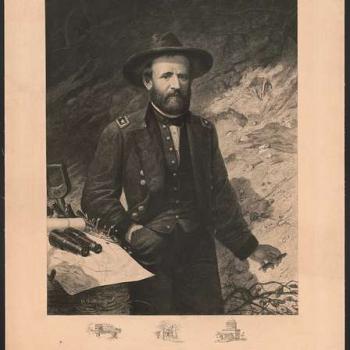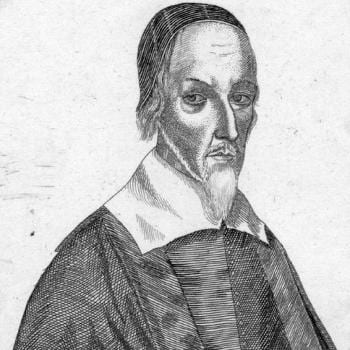Rarely does a student of Aristotle so simply and directly sound like a student of Marx—and yet, there it is.
Thus, with this in mind, we can find certain features that obtain both then and now that, broadly, can be called “socialistic.” As he writes:
In that age [the medieval period], therefore, we must not expect to find any full-fledged Socialism. We must be content to notice theories which are socialistic rather than socialist. (Medieval Socialism 26).
He acknowledges that the term has expanded and contracted in its meaning at different moments. And so, “socialism” needs a very particular definition to be useful in this context:
[I]t is undeniable that socialism in itself need mean no more than the central principle of State-ownership of capital and land […] By socialistic theories of the Middle Ages, therefore, we mean no more than those theories which from time to time came to the surface of political and social speculation in the form of communism, or of some other way of bringing about the transference which we have just indicated. (Medieval Socialism 12-13).
From there, he points to a central problem in early Christianity. There exist two seemingly opposite trends in the tradition that the Church Fathers had to contend with. On the one hand, there is a clear defense of the equality of all human beings, as all created in the image and likeness of God, equivalent in dignity. On the other, there is a defense of existing civil authorities and institutions, including slavery. The Fathers, as a result, developed a theory centered on the Fall. Before this event, there was actual and meaningful equality between people. But, as sin entered the world, so did the need for coercive institutions and differences in power. Putting it succinctly, Jarrett writes that “[t]he sin of Cain is the social result of this personal upheaval” (Medieval Socialism 16). Lawlessness and rebellion, in other words, follow sin; on these follow a need for legal authorities that contain violence and make peaceful human interaction possible. The Church Fathers, in a way, show themselves to think like Hobbes about the origins of human governance.
At the same time, the early Church was influenced by the Roman lawyers who handled cases involving non-citizens. Among citizens, Roman law worked well enough. These other lawyers, however, had to learn about the laws of a variety of civilizations in an attempt to develop a basic framework around which such cases could be adjudicated. Thus, the ius gentium or law of nations came into existence. This, however, was not an absolute, but a heuristic based on history and experience:
It was carefully explained that this Lex Naturae was not absolutely inviolable, for its more accurate description was Lex or Jus Gentium. That is to say, it was not to be considered as a primitive law which lay embedded like first principles in human nature; but that it was what the nations had derived from primitive principles, not by any force of logic, but by the simple evolution of life. The human race had found by experience that the observance of the natural law entailed as a direct consequence of the establishment of certain institutions. The authority, therefore, which these could boast was nothing more than the simple struggle for existence. (Medieval Socialism 19-20)
The way things are set up, according to Jarrett, is merely normative; it is about practicality, not absolute principles. The organization of a particular society is geared toward its flourishing and can change over time based on material circumstances.
One can see this, in part, he argues, because of monasticism. These orders encouraged communal ownership, fearing that individual possessions of any meaningful sort could get in the way of the perfect contemplation of God. They did not begrudge others such ownership but thought that it might get in the way of their stated purpose. This implies that, within the Christian paradigm, there is a tacit acceptance of the provisional nature of social organization and property rights.













